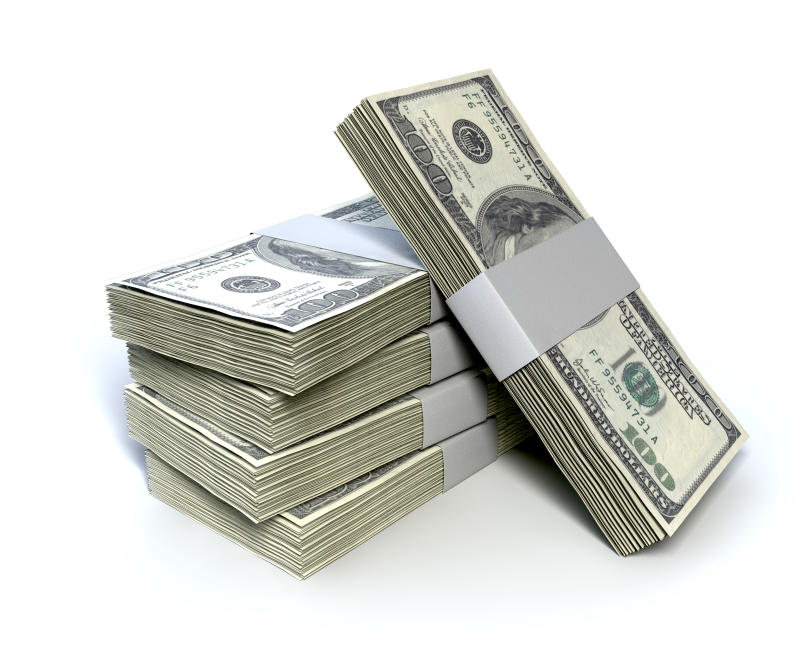A stack of bundled one hundred dollar bill notes [Courtesy]
×
The Standard e-Paper
Join Thousands of Readers

A stack of bundled one hundred dollar bill notes [Courtesy]
Banks now say there is a high demand for dollars amid a biting shortage, making the cost of obtaining the critical currency go through the roof.